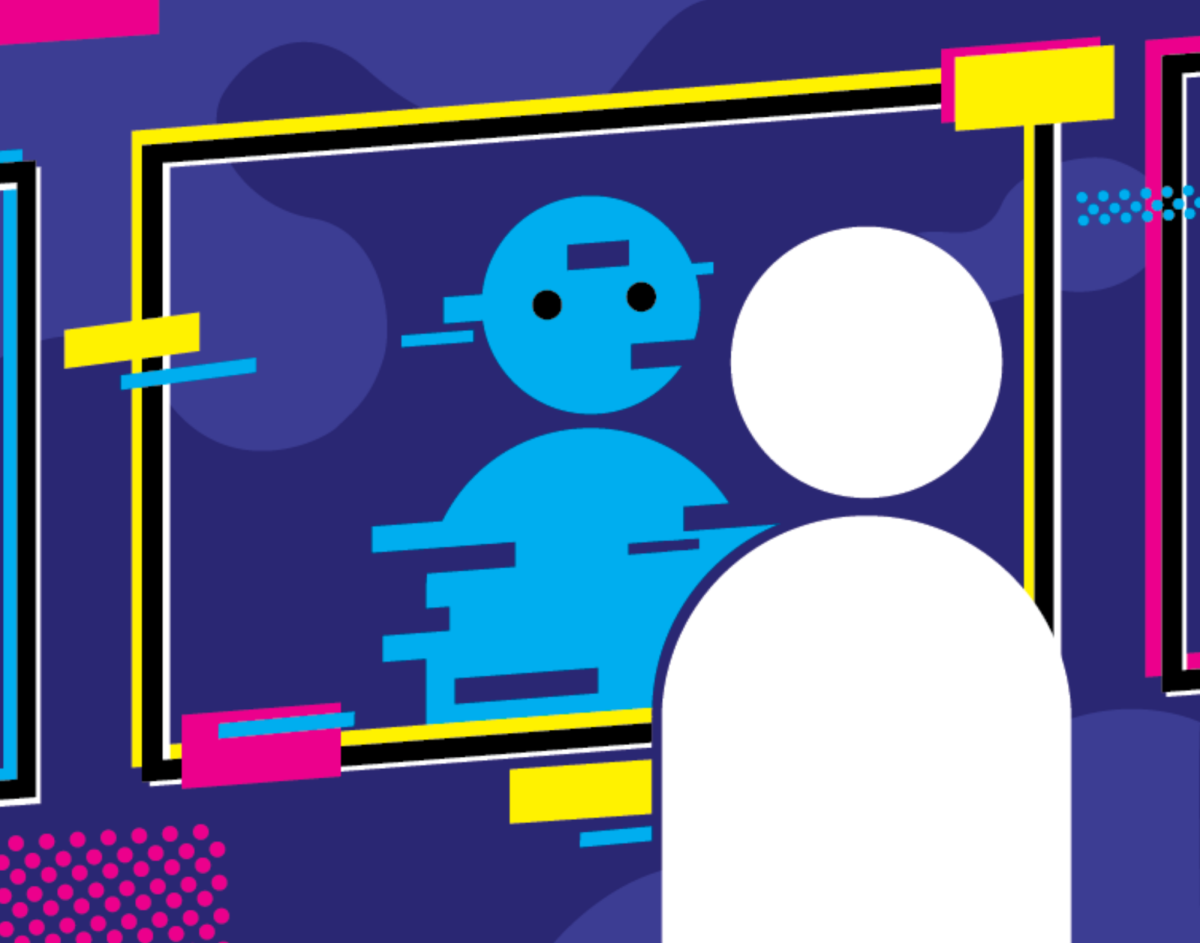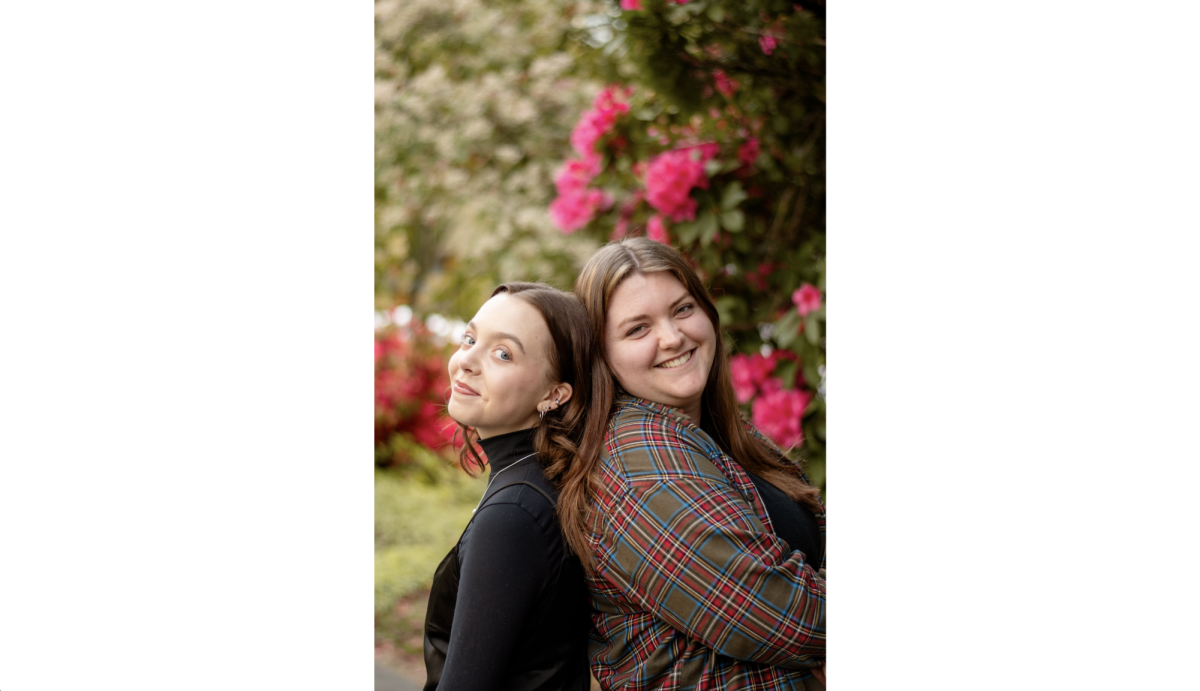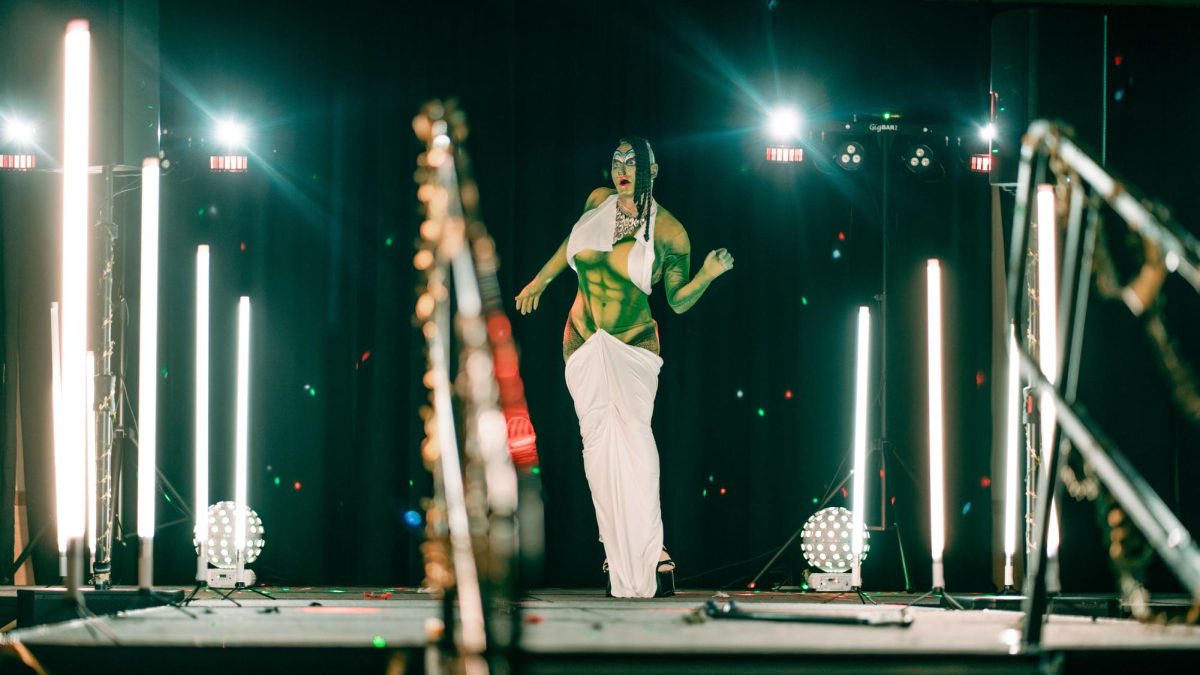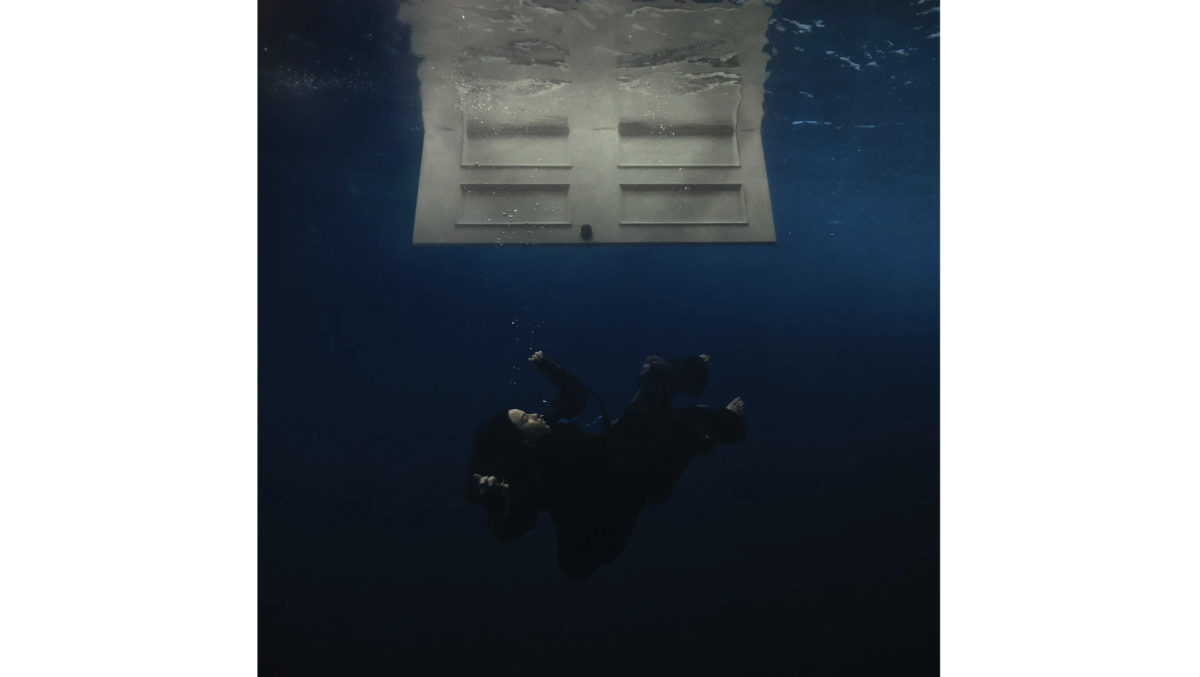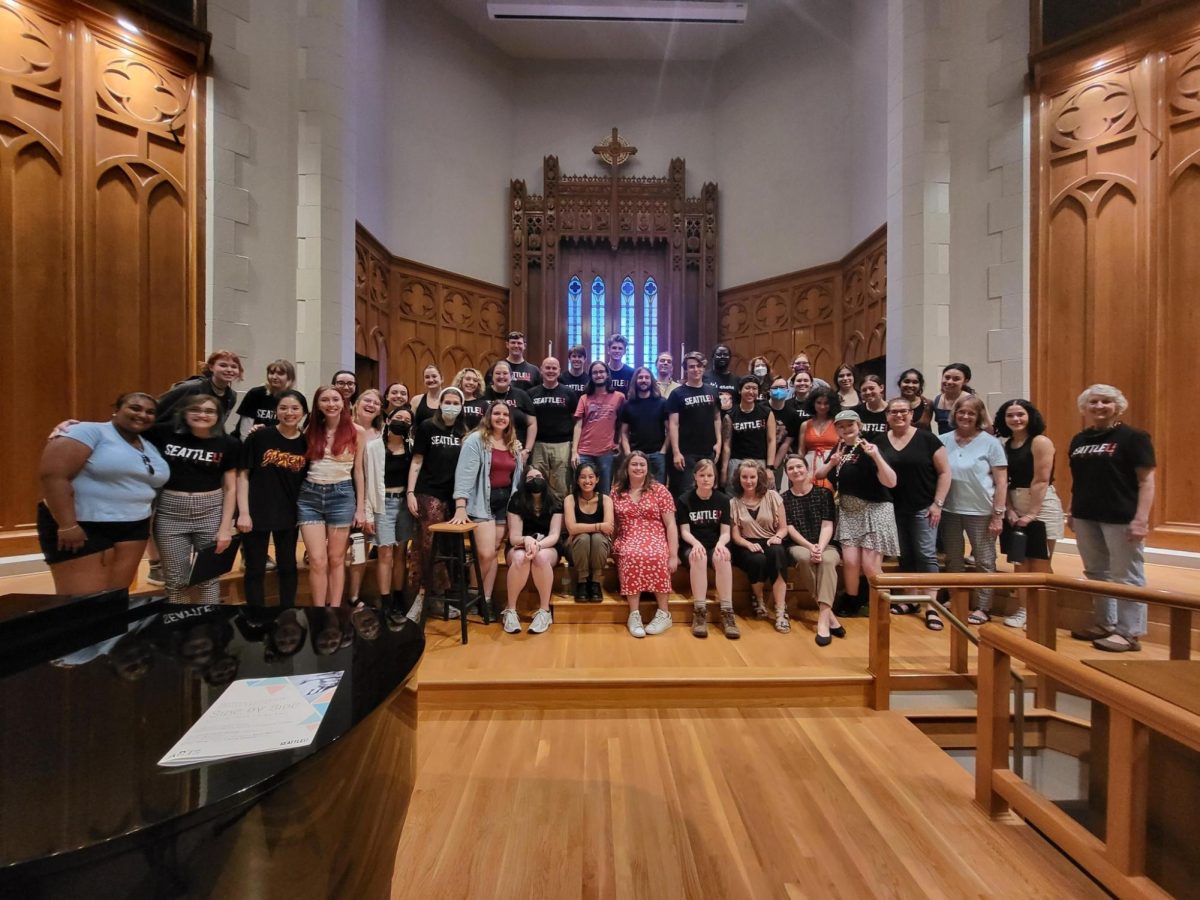With the sudden rise of Artificial Intelligence (AI) such as ChatGPT and Dall-E, issues surrounding intellectual property rights and copyright laws have become a pressing concern in Hollywood and visual arts as a whole. Recent writer strikes have emphasized the necessity to scrutinize the new technology and pass public policy to regulate it.
Darian Mullen, a first-year law student at Seattle University, seemed apprehensive yet curious about the technology.
“ChatGPT is something I’m keeping my eye on. As someone interested in intellectual property law, I wouldn’t say I’m interested in ChatGPT specifically,” Mullen said.
Although ChatGPT has become one of the most notorious language models in popular culture right now, developing AI software reaches beyond chat programs. Adobe recently launched a new Generative AI built into beta versions of Adobe Photoshop and Adobe Illustrator. Adobe AI emphasizes its time-saving features, which seems to be a great appeal of the technology.
The Artificial Intelligence Law Society is a club on campus that aims to encourage conversation about AI—their most recent presentation delved into ChatGPT and Dall-E.
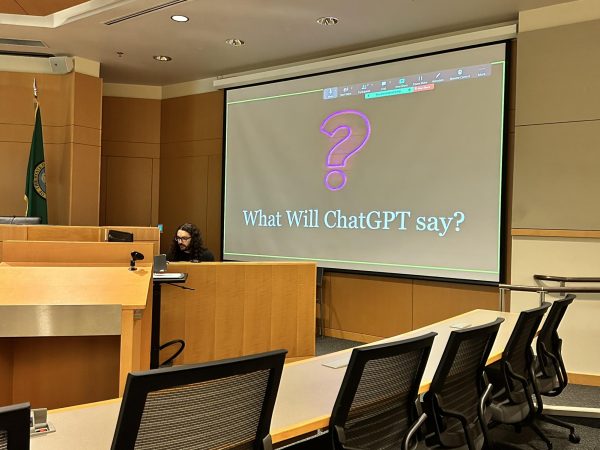
Keith Wassner, a third-year law student and the vice president of the Artificial Intelligence Law Society, expressed his optimism for the future of AI.
“I think that ChatGPT obviously has a lot of propensity for great good and also for great evil, especially with the political climate and conflicts that are happening right now; deep fakes and propaganda,” Wassner said.
Wassner also continued to describe the complexity of new inventive technology.
“It’s really easy to pump out fake stuff. But on the other hand, you saw the video, it comes up with an adorable story about a sunflower hedgehog, and writes really eloquent stories,” Wassner said, referencing the advertisement from OpenAI showcasing a mother using ChatGPT to expand on a story about a fictional hedgehog named Larry for her daughter who originally came up with the concept.
Wassner noted that Generative AI works well as a practical time-saving tool, but what that increased efficiency means for workers is still ambiguous.
“I’m hoping to be somebody who’s in a position to help guide this down a path that balances the powerful things that we can do with this tool, versus the harmful effects that can come with being reckless with it,” Wassner said.
In Wassner’s presentation, he talked about how OpenAI has gone through efforts to inhibit the creation of copyright imagery. Dall-E, for example, can no longer replicate styles of living artists, which was a common frustration expressed by creatives online. Wassner hopes to get their club more involved with the arts department as well as the computer science department on campus.
President of the Artificial Intelligence Law Society and Third-year Law Student, Matt Rupel, spoke on the future of AI.
“I think that generally, new technologies open up unexpected and unanticipated avenues for human exploration and human development. It’s sort of [like] the wool looms of England, where we don’t know what sort of creative destruction will be the result of it. But it has a lot of potential to create new opportunities in the world, [and] it’s exciting to see the development of the technology that has that kind of capacity,” Rupel said.
Rupel concluded by urging students to continue to participate in conversations surrounding the topic. He encourages students interested in all facets of AI to take part in the club.






